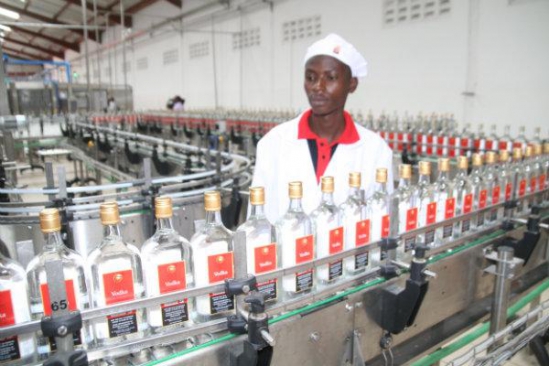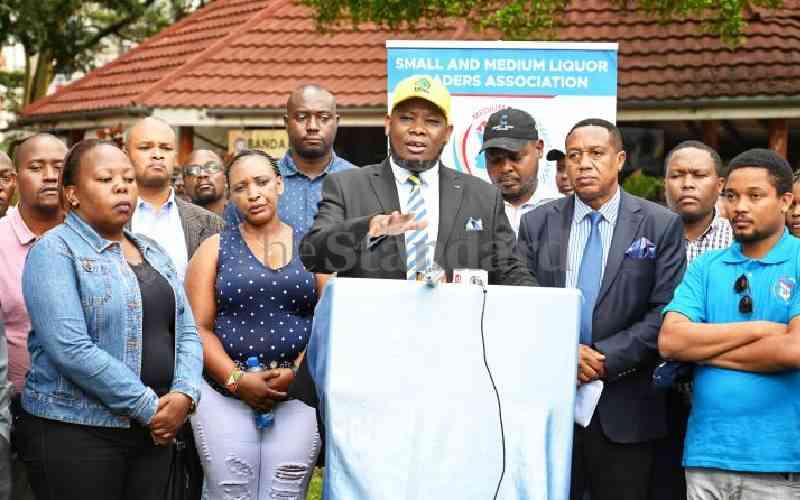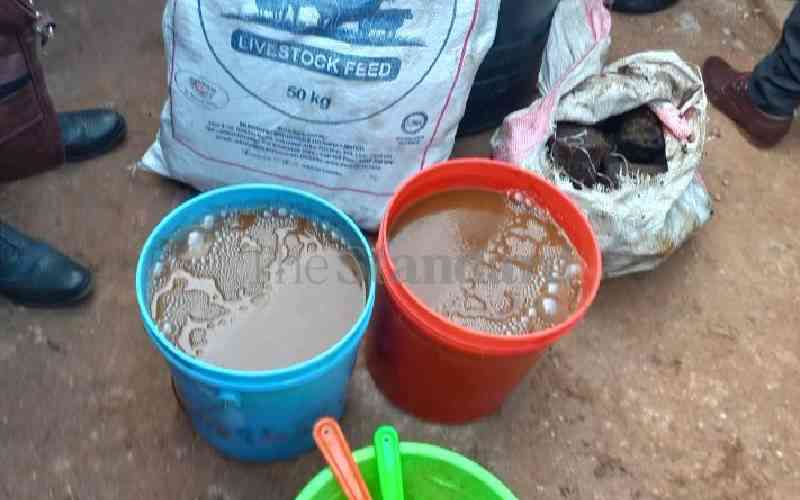
People will always want talk over beer. Drinks will always flow at a birthday party. Indeed, sports men and women will always want to pomp some liquor after winning. The demand for alcohol will always be there. So, why is our policy only obsessed with the suppliers? Why not the consumers who are the ones that demand the product?
Restricting the supply of alcoholic drinks does not in itself extinguish demand. Dr XN Iraki, economics lecturer at the University of Nairobi, thinks that the so-called war on alcoholism has been skewed on the supply side. “But illicit brew has both supply and demand side. We focus on supply side because it has few players and we can keep tabs on them,” says Iraki adding that we forget to look at the demand side as it has “too many players.” The players on the demand side Iraki reckons are left out as just another ‘statistic’.
The Government’s supply-side approach has seen it ban certain alcoholic drinks-even some like the traditional brews which “have never killed anyone,” according to Iraki.
Making it hard for producers of alcohol to supply has been counter-productive. Reduced supply creates scarcity. And scarcity increases the price of the products. “This explains why some people go to the extent of hiding in the bush to produce alcohol under very unfavorable conditions,” says James Shikwati, director at Inter Region Economic Network. Some even use chemical additives to make fast-money.
Iraki believes that there is a need to look at the alcoholic problem from the demand side as well. “We can focus on demand side by ensuring that parenting is taken seriously,” he says. We can also focus on the demand side by avoiding “some crude adverts like alcoholic drinks that are for only those over 18 which creates an impression that taking alcohol is a sign of being a grown up and something to look forward to with great expectations,” adds Iraki.
Smashing the bottles as symbol of smashing the alcoholic industry is not the solution. The solution is to create and hype another parallel industry that will sway consumers from one of alcoholic industry. “Why not give alcoholism competition from sports to movies. Are we not addicted to Man-United like changaa? What of voluntary work...? What of quality jobs?” wonders Iraki.
 The Standard Group Plc is a
multi-media organization with investments in media platforms spanning newspaper
print operations, television, radio broadcasting, digital and online services. The
Standard Group is recognized as a leading multi-media house in Kenya with a key
influence in matters of national and international interest.
The Standard Group Plc is a
multi-media organization with investments in media platforms spanning newspaper
print operations, television, radio broadcasting, digital and online services. The
Standard Group is recognized as a leading multi-media house in Kenya with a key
influence in matters of national and international interest.
 The Standard Group Plc is a
multi-media organization with investments in media platforms spanning newspaper
print operations, television, radio broadcasting, digital and online services. The
Standard Group is recognized as a leading multi-media house in Kenya with a key
influence in matters of national and international interest.
The Standard Group Plc is a
multi-media organization with investments in media platforms spanning newspaper
print operations, television, radio broadcasting, digital and online services. The
Standard Group is recognized as a leading multi-media house in Kenya with a key
influence in matters of national and international interest.








